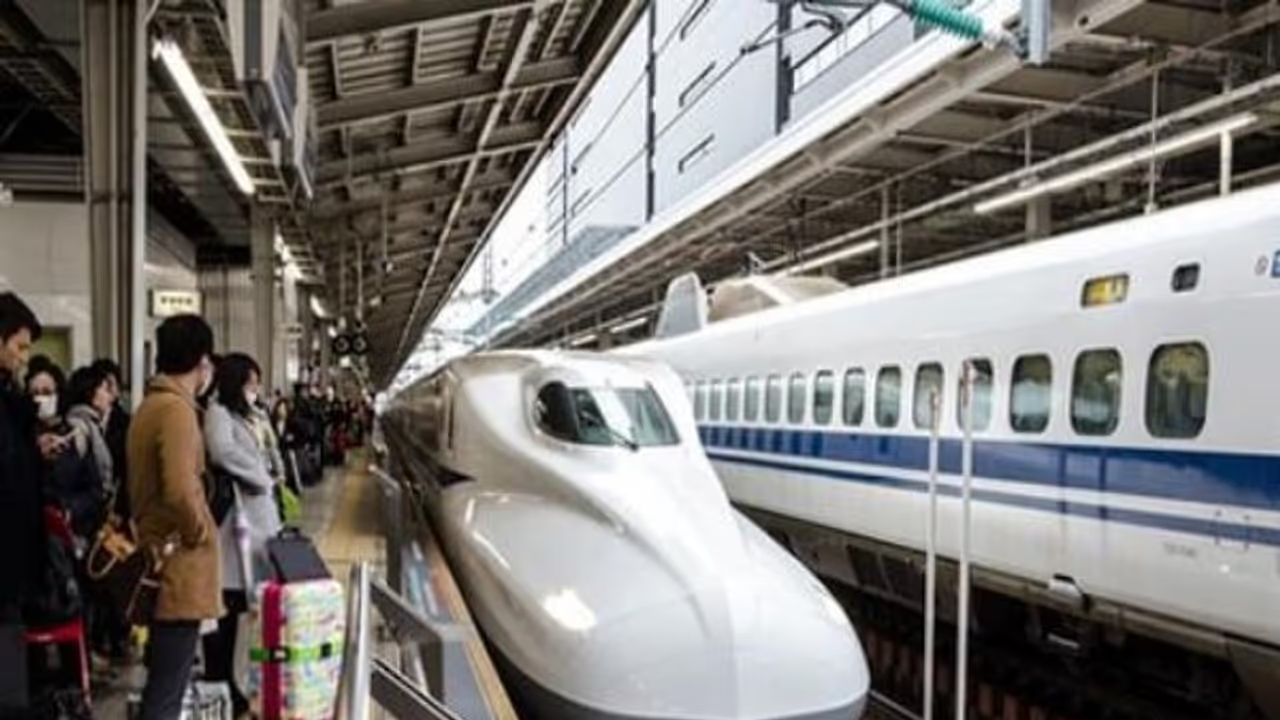Germany submits the study on installing its own 'bullet' train to Indian Railways. The Chennai-Arakkonam-Bangaluru-Mysuru route will be 85% elevated and will include 11% tunnels.
The German government has recently proposed a useful study to the Railway Board of India - a new 'bullet' train project on the Chennai-Arakkonam-Bangaluru-Mysuru route. The journey time between Chennai and Bangaluru would be reduced by 100 minutes and between Bangaluru and Mysuru, the journey time would be reduced by 40 minutes.
If the project gets sanctioned by the Railway Board, the travel time between Chennai and Mysuru will be cut down by more than five hours by 2030. Chennai to Mysuru via Bengaluru may take just 2 hours and 25 minutes in the coming years. The utility study was presented to Railway Board chairman Ashwani Lohani for the 435-km-long stretch by German ambassador Martin Ney.
The release states that the 435-km distance can be reached in under three hours with a maximum speed of around 320 kmph. The new 'bullet' train will cut down travel time drastically from the current duration of seven hours.
The Chennai-Arakkonam-Bangalur-Mysuru route would be 85% elevated and would include 11% tunnels. While the feasibility report has recommended that India integrates its existing conventional rail line with the high-speed railway line instead of a given high-speed corridor in a bid to reduce costs and to minimise land acquisition issues, the project was rejected by the Railway Board, stating that India’s present network is over-saturated as well as complicated for this.
'Bullet train' is colloquial English for high-speed, wheel-less train network of Japan, the official name of which is Shinkansen. The German counterpart is known as Maglev, patented by Hermann Kemper in 1892.
The German government has already approved and financed the study. Ashwani Lohani said, the proposal is being reviewed at present. The German government investigated both mixed mode as well as the dedicated mode and the Railway Board decided that a full study of dedicated mode was more viable than that of combined mode.
With inputs from PTI
